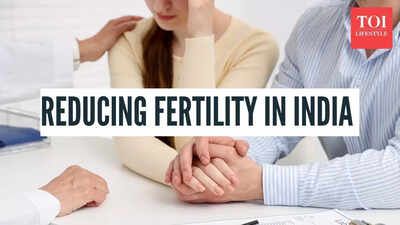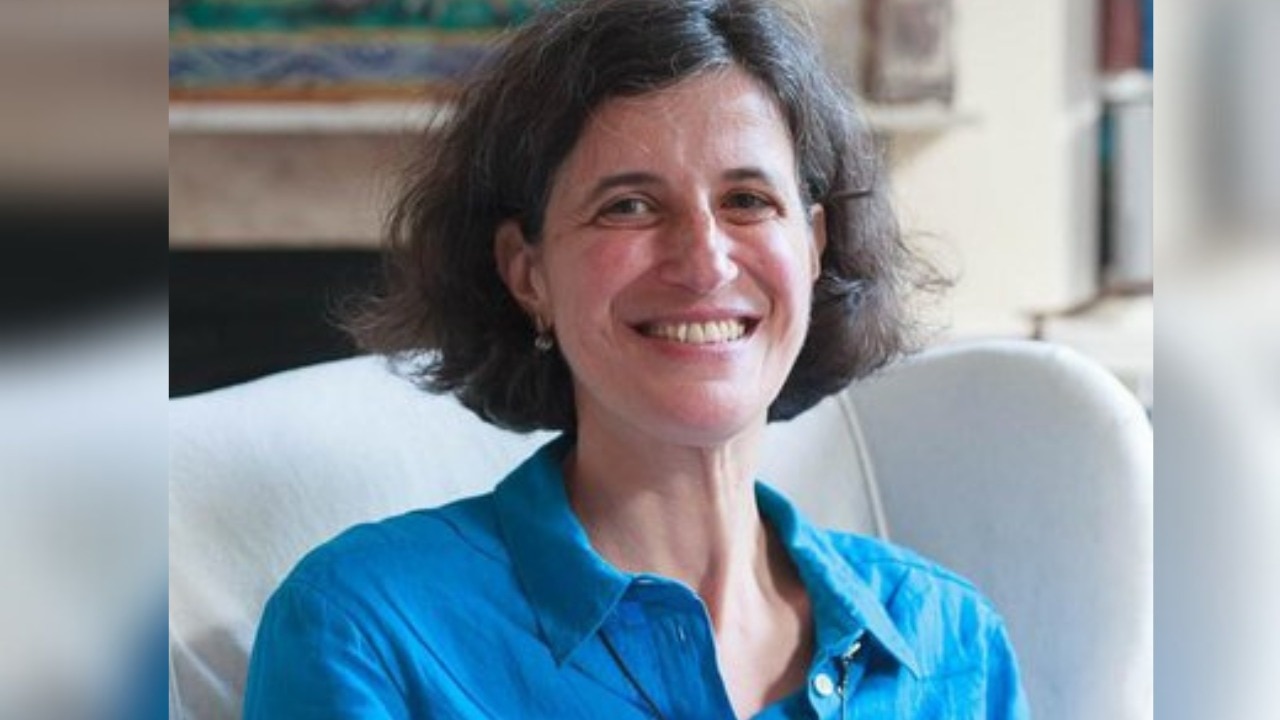ARTICLE AD BOX

In four decades of practice in reproductive medicine, I have witnessed a profound transformation in India’s fertility landscape. What began as isolated cases of delayed parenthood in urban centers has evolved into a nationwide concern.India’s Total Fertility Rate has now declined to 1.0—a historic low that reflects not just demographics but a fundamental shift in how we approach careers, lifestyles, and family priorities. Behind each number lies a couple’s hopes, struggles, and choices shaped by modern life.The Perfect Storm: Multiple Factors at PlayCareer Pressures and Educational PursuitsToday’s professionals, particularly women, often dedicate their twenties and early thirties to higher education and career building.
By the time couples feel ready for parenthood, many are in their mid-to-late thirties—when fertility naturally declines.Corporate culture, long hours, frequent travel, and high stress only compound these challenges.Lifestyle Choices: The Hidden Fertility DisruptorsUrban lifestyles—late dinners, irregular sleep, processed foods, sedentary habits—quietly erode fertility. Stress, one of the most underestimated factors, disrupts hormonal balance.Environmental influences such as air pollution, pesticides, and plastics further affect egg and sperm quality, adding another layer of complexity.
Changing Social DynamicsMarriage now often takes place in the late twenties or early thirties. While this allows for individual growth, it also delays childbearing. Nuclear families, with fewer traditional support systems, make parenthood feel more daunting.Even in rural areas, declining fertility is becoming visible. Lack of awareness and migration-related separations often delay family planning and create unique challenges once couples reunite.The Career–Fertility Intersection: A Delicate BalanceA recurring challenge I observe is the tension between career aspirations and biological timelines. Many women regret assuming medicine could fully compensate for delayed parenthood. Assisted reproductive technologies, while advanced, cannot completely overcome age-related fertility decline.Male fertility is also affected by age, stress, and lifestyle—though it is less often acknowledged. Parenthood planning requires awareness and involvement from both partners.Practical Pathways: Informed Decision-MakingFertility Awareness: Knowledge is PowerEvery individual should understand their fertility potential. For women, this means AMH testing and ovarian reserve assessments; for men, semen analysis and hormonal checks. These do not force early parenthood but enable informed choices.Lifestyle Modifications: Small Changes, Big ImpactBalanced diets, regular exercise, quality sleep, and stress management through yoga or counseling can significantly improve outcomes.
Even modest lifestyle changes can restore hormonal balance and boost fertility.Medical Preparedness: Proactive HealthcareConditions like PCOS, thyroid disorders, and diabetes should be identified early. Timely consultations and regular health check-ups help couples prevent challenges before they become critical.Timing and Planning: Fertility-Conscious ChoicesOptions such as egg or sperm freezing allow couples flexibility while preserving fertility potential.
Some may reprioritize career milestones based on assessments. The key is making decisions with awareness, not assumptions.Professional Observations: Trends and SolutionsCouples who succeed, whether naturally or through medical assistance, share certain traits:● They are proactive and realistic.● They engage openly with healthcare providers.● They build strong support systems.Viewing fertility as part of overall health, rather than a crisis to address late, consistently improves outcomes.A Call for Conscious ChoicesDeclining fertility in India is both a challenge and an opportunity. We don’t need to choose between career and family—but we must align them thoughtfully.Fertility awareness should be a part of health literacy for every young adult. Understanding reproductive health empowers people to make choices aligned with their goals.The conversation must move beyond “career versus family” to nuanced discussions on timing, preparation, and resources.
Our future families, and society, depend on striking this balance.The time for awareness is now. The time for informed choices is always. Couples who approach fertility with preparation and realistic expectations often find fulfilling paths to parenthood—whether through natural conception, assisted reproduction, or alternative family-building approaches. Dr. Namita Kotia, Founder, Aastha Fertility Care & IVF Center

 5 hours ago
5
5 hours ago
5








 English (US) ·
English (US) ·